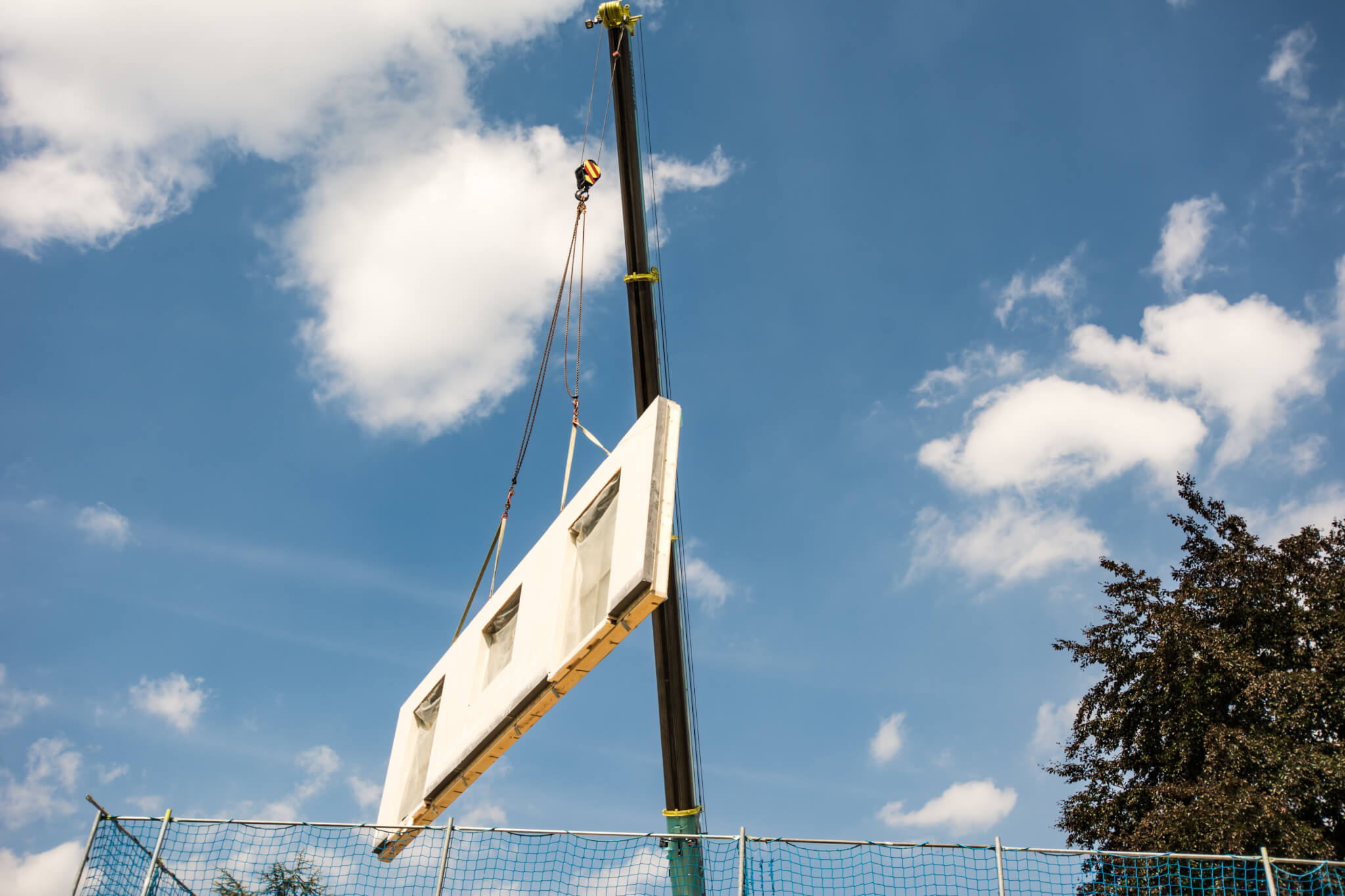January 11, 2023
Modular construction can be an attractive delivery model for many projects. Modularization can take many forms, from volumetric modular construction to partialized modular components, such as panels or bathroom pods. Though modular construction can vary in its delivery, there are certain factors that optimize its outcomes on projects. Its benefits may be enhanced with certain building types, teams, and locations. Consider these factors when determining whether modular construction is appropriate for your project.
- Projects that contain a high degree of repeatability can greatly benefit from modular construction. Examples of these project types include hotels, multi-family housing, schools and dormitories, hospital facilities, correctional centers, and data centers. Additionally, projects that require unique sustainability requirements or a higher degree of specificity in the end-product may also greatly benefit from this delivery model. This is because the manufacturing plant where the modules are constructed often has space for prototyping, quality control, and the ability to integrate complex systems.
- Modular construction is best suited for projects that rely on collaboration between multi-discipline teams. Traditional design-bid-build projects that do not consider a contractor’s means and methods during the design phase, or where decisions about construction methods are made without input from the contractor or modular manufacturer, can be detrimental to benefits of modular construction. This can be mitigated by selecting a collaborative delivery model, such as CMc, Design-Build, or IPD, that allows for early fabrication decisions by owners, designers, contractors, and modular manufacturers during the planning and design phases of development.
- Teams that have experience using modular construction on past projects are optimal for reaping the benefits of this delivery model. Those with modular experience can foster the mindset and skills to deliver again. These skills can differ from traditional construction, where the responsibility of coordinating shipping, setting, and sealing of the modules demands an integrated process. Additionally, project teams that work together on multiple projects can help build and increase trust between one another, other project participants, and the stakeholders.
- Modular construction can certainly be used on sites that are accessible and located where the construction season lasts all year-round. However, locations where onsite construction may be difficult, such as remote or densely populated areas, sites with harsh weather conditions, or locations with expensive land, greatly benefit from modular construction. This is because modular projects reduce the traditional amount of onsite work, and in turn, a significant portion of construction is conducted in an offsite manufacturing plant.
Modular construction can service a variety of project types. The benefits of modular construction can be maximized when the project is well suited for this delivery model, based on a variety of factors. When the project team understands and agrees to deploy modular construction with early project planning, it is a well-suited solution to control project schedules and budgets while strengthening the quality of the work and reducing environmental impact.
AIA Contract Documents has provided this article for general informational purposes only. The information provided is not legal opinion or legal advice and does not create an attorney-client relationship of any kind. This article is also not intended to provide guidance as to how project parties should interpret their specific contracts or resolve contract disputes, as those decisions will need to be made in consultation with legal counsel, insurance counsel, and other professionals, and based upon a multitude of factors.

